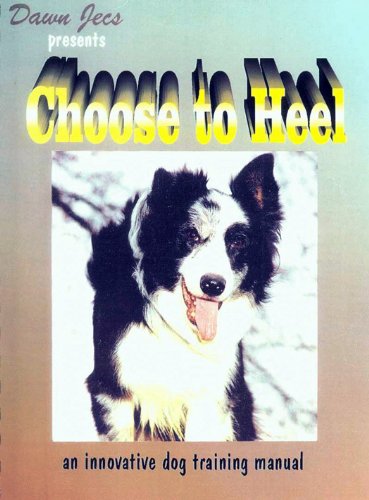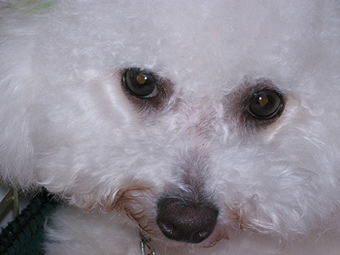

All dogs have a unique temperament and the breed group to which they belong is only a general guide to likely inherited traits. Working dogs, for example, have a reputation for being quick to learn and very biddable but this varies from individual to individual. The behaviour of your dog directly reflects your ability to care for it properly. Dogs can be very sociable animals and rewarding companions if properly trained, but left to their own devices, they will quickly test the limits of acceptable behaviour.
Dogs are pack animals and their natural instinct is to follow the leader within that pack. The domestic dog is more than happy to join the human pack and to be governed by a human leader, but it is the owners responsibility to curb natural aggression and to socialize his charge. For a dog to become successfully integrated into the home, proper training from an early age is essential
A puppy’s socializing period begins when it is four weeks old and lasts until it is about 14 weeks old. During this important time, your dog should be exposed to as many different human experiences as possible. The more your puppy sees, hears, touched and tastes, the more it meets and plays with other dogs, children and adults, the better equipped it will be to cope with adult life. Research has proven that dogs introduced to everyday activities early on for example, walking along traffic may grow fearful and suffer behavioural problems later on.
Puppies are not normally inoculated until they are about eight weeks old, but this does not mean they must be isolated from the outside world. Caution is necessary however. Take care not to put you puppy on the ground where other dogs have been. Carrying it or taking it out in the car is a good compromise.
It is worth remembering when your new puppy arrives at your home is that it is very much a baby, separated from its mother and likely to be very unsettled and nervous as a result. It will need lots of reassurance and gentle encouragement to begin with. “No” should not be the first word a puppy learns to understand and it should never be shouted at or physically punished for Failing to live up to your rules. Reward based training is a more successful and humane way to achieve the results you want.
Begin training by teaching your puppy simple skills such as how to walk to heel, how to sit when commanded, hoe to stay or lie down. Always acknowledge success with a reward, this can be treats, a pat on the head or verbal praise. Don`t forget to teach your puppy its name so it comes running when called. Never use the name in a reprimand and always use it in a friendly reassuring way.

 Are Choke Collars Safe?
You see chokers everywhere-
Are Choke Collars Safe?
You see chokers everywhere-
 How To Improve The Smell Of Your Dogs Breath
7 Ways To Improve Your Dogs Breath
We all love those exuber
How To Improve The Smell Of Your Dogs Breath
7 Ways To Improve Your Dogs Breath
We all love those exuber
 Top 10 Most Intelligent Dog Breeds
IntroductionFollowing on fro
Top 10 Most Intelligent Dog Breeds
IntroductionFollowing on fro
 Top 10 Dogs for Apartment Living - Ten dog breeds that do well in apartments
The Top 10 Dogs for Apartment Living
“What dog will d
Top 10 Dogs for Apartment Living - Ten dog breeds that do well in apartments
The Top 10 Dogs for Apartment Living
“What dog will d
 Washable Dog Bed for Large Dogs
As I walked down the aisles
Washable Dog Bed for Large Dogs
As I walked down the aisles
Copyright © 2005-2016 Pet Information All Rights Reserved
Contact us: www162date@outlook.com